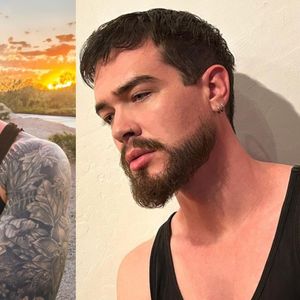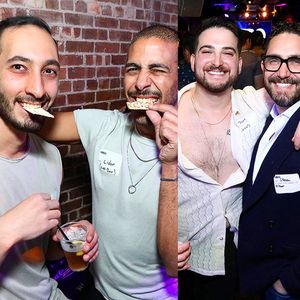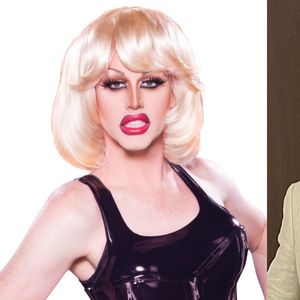It has been more than 30 years since you introduced
antidiscrimination legislation in the state house.
Why has it still not passed?
I've always had a deep underlying belief that if
you can do a job--unless your lifestyle relates
to the performance of your job--you're
entitled to the job. Just because one's sexual
orientation isn't the same as yours is not
grounds to be fired any more than it is if you're
black. I think the public has moved to an acceptance
of that. Now what I think has happened is the
Republicans have hijacked this issue and turned it
into a political issue because they think there's
some political value to it. Politicians basically see
that this is a good issue to draw a divide among
people. That's what has made it difficult.
It seems like a savvy political choice by you, then, to
galvanize public support in the face of such positioning.
After Oregon passed this constitutional
amendment [banning] same-sex marriages, which I
campaigned against [in 2004], I think everyone thought
the political process would go dead on this issue. I put it
back in the next legislative session two months after
the election because I didn't want it to go
dead. I like the task force because I don't want a
political vacuum to be generated. I want the public to care
about the debate.
Are there more reasons for your new task force than just
pushing a pro-gay antidiscrimination bill?
[I created it] actually to have a broad-based
group of citizens sit down and look at this issue, so
it isn't just elected officials introducing
bills but a much broader base of people who say this is
something that's long overdue in Oregon. What I
want the group to do is to look at this whole area and
recommend to the legislature a much broader concept than
just the antidiscrimination issue. They have a big charge.
That charge includes examining the effects of other
states' antidiscrimination laws, especially
in business. What do you expect to find?
I cannot emphasize enough that we're in a
very competitive economy. Technology, all these other
things that drive competitiveness
internationally--you need the talent and skills, but
it's the spirit that people bring too. And I
think if we are going to succeed, no one can be left
out. I think that's the fundamental issue about why
you give people a chance. Why would you deny anyone
that chance in a very competitive economy like today?
Do you have many gay friends?
I have a number of friends who are priests, and they are
celibate gay priests.
Did you grow up Catholic?
I grew up in a Catholic boys' home. They taught
me never to be judgmental about people. I have always
believed in fairness and equality. It's the
reason I went to law school, that I got into the labor
movement. I thought this was a way I could best
express this value of giving people a chance.



















































































